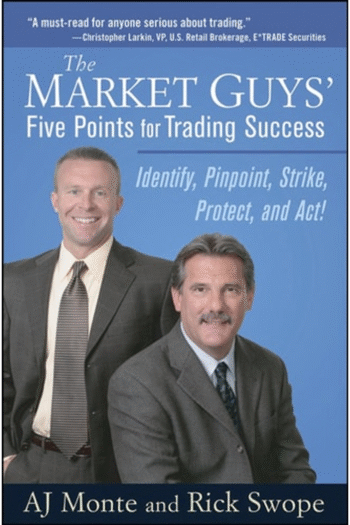Delve into the intricate world of sovereign wealth funds (SWFs) with Angela Cummine’s *Citizens’ Wealth*, a pivotal exploration of these state-owned investment giants and their impact on democracy. Published by Yale University Press, this hardcover edition unpacks the ethical dilemmas and governance challenges surrounding SWFs, moving beyond mere financial analysis to examine their broader societal implications. Cummine dissects the pivotal question: How should public wealth, managed through SWFs, truly benefit the citizens it belongs to? Through comparative case studies spanning Chile, China, Singapore, and the contrasting approaches of Britain and Norway with oil revenues, she illuminates diverse management strategies and their consequences. The book highlights critical considerations for policymakers, investors, and engaged citizens alike. Cummine doesn’t just describe SWFs; she ignites a crucial conversation about accountability, transparency, and the future of wealth management in a democratic framework. *Citizens’ Wealth* isn’t just about economics; it’s about empowering citizens to understand and shape the future of their nations’ wealth.
Citizens’ Wealth: Why (and How) Sovereign Funds Should be Managed by the People for the People
16,12 $
In stock
A wide-ranging analysis of a powerful but controversial new economic tool that has rapidly eclipsed the size of the hedge fund market
In 2006, Chile teemed with protesters after finance minister Andrs Velasco invested budget surpluses from the nations historic copper boom in two Sovereign Wealth Funds. A year later, when prices plummeted and unemployment soared, Chiles government was able to stimulate recovery by drawing on the funds.
State-owned investment vehicles that hold public funds in a wide range of assets, Sovereign Wealth Funds enable governments to access an unprecedented degree of wealth. Consequently, more countries are seeking to establish them. Looking at Chile, China, Australia, Singapore, and numerous other examples, including a comparative analysis of Britain and Norways use of oil revenues, Angela Cummine tackles the key ethical questions surrounding their use, including: To whom does the wealth belong? How should the funds be managed, invested, and distributed? With sovereign fundsand media attentioncontinuing to grow, this is an invaluable look at a hotly debated economic issue.
| Authors | |
|---|---|
| Binding | |
| Condition | |
| ISBN-10 | 030021894X |
| ISBN-13 | 9780300218947 |
| Language | |
| Pages | 296 |
| Publisher | |
| Year published | |
| Weight | 658 |
| Dewey decimal | 332.67/252 |
- Additional information
- Currencies
- USD – United States dollar
- EUR – Euro
- GBP – Pound sterling
- CNY – Chinese yuan
- BRL – Brazilian real
- MXN – Mexican peso
- JPY – Japanese yen
- PHP – Philippine peso
- THB – Thai baht
- PLN – Polish złoty
- CAD – Canadian dollar
- MYR – Malaysian ringgit
- AUD – Australian dollar
- TWD – New Taiwan dollar
- CZK – Czech koruna
- SEK – Swedish krona
- HUF – Hungarian forint
- ILS – Israeli new shekel
- CHF – Swiss franc
- HKD – Hong Kong dollar
- DKK – Danish krone
- SGD – Singapore dollar
- NOK – Norwegian krone
- NZD – New Zealand dollar





